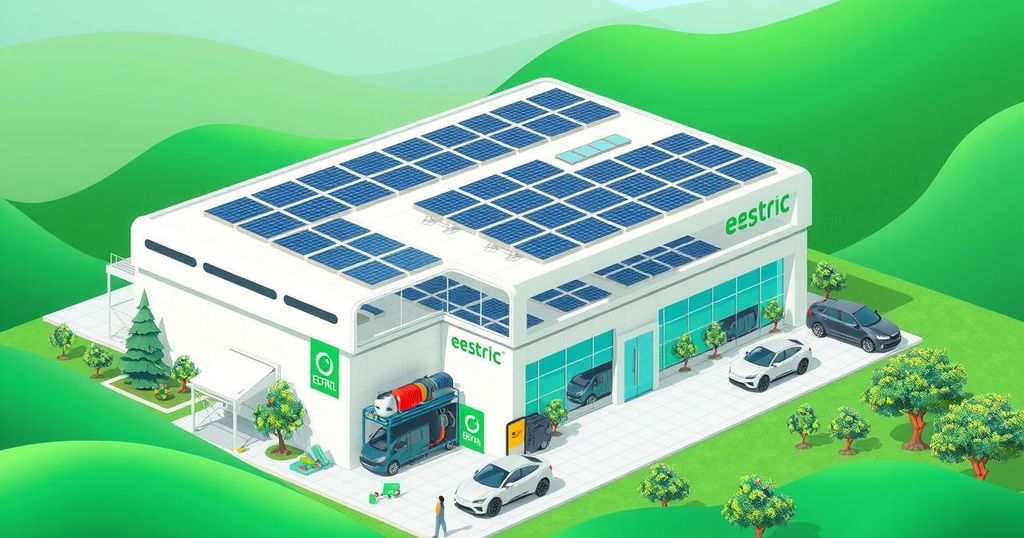BYD Begins Assembling EVs at New Factory in Brazil

- BYD is set to start assembling EVs in Bahia, Brazil.
- The plant’s goal is to produce 50,000 vehicles by 2025.
- Concerns over labor conditions at the factory create ESG risks for BYD.
- A tariff strategy in Brazil applies pressure for local manufacturing.
- BYD’s decade-long presence in Brazil includes other infrastructure projects.
BYD’s EV Assembly Line Launch in Brazil
BYD, the prominent Chinese automaker, is making headlines with its ambitious plan to start assembling electric vehicles (EVs) in Brazil. The company has set up a new facility in Bahia, which is expected to begin operations this month. According to Alexandre Baldy, BYD’s senior vice president for Brazil, the target is to assemble around 50,000 vehicles by the year 2025. This effort is crucial for reducing the heavy reliance on imported cars amidst an environment of increasing tariffs.
Tariff Challenges Prompt Local Assembly Plans
The Bahia plant, which has been developed on the site of a former Ford facility acquired last year, is currently still waiting for final regulatory approvals. However, islanding the production at this facility marks a significant step for BYD as they adapt to Brazil’s changing tariff policy. Earlier this year, the company ramped up imports, bringing around 22,000 finished vehicles from China before tax hikes became effective on July 1.
Broader Strategic Vision Drives Investment
The comprehensive approach BYD has taken in Brazil goes well beyond just assembling vehicles. Since they set foot in Brazil about a decade ago, BYD has poured considerable investment into various projects, such as a significant battery factory and public transport infrastructure enhancements. Despite facing delays and some criticisms regarding their new factory’s timeline, the company remains undeterred. Baldy has pointed out that full-scale production is anticipated to kick off by July 2026, reflecting BYD’s commitment to ensuring a local manufacturing presence in Brazil.
In conclusion, BYD’s entrance into the Brazilian market with its EV assembly plant showcases their pragmatic approach in light of rising tariffs and evolving regulations. Despite facing potential challenges from labor issues and local industry criticism, BYD’s long-term strategy of investing in local facilities indicates a commitment to the region’s market. As the company navigates these hurdles, it underlines the significance of compliance not just in Brazil, but for international participating firms across Latin America.




